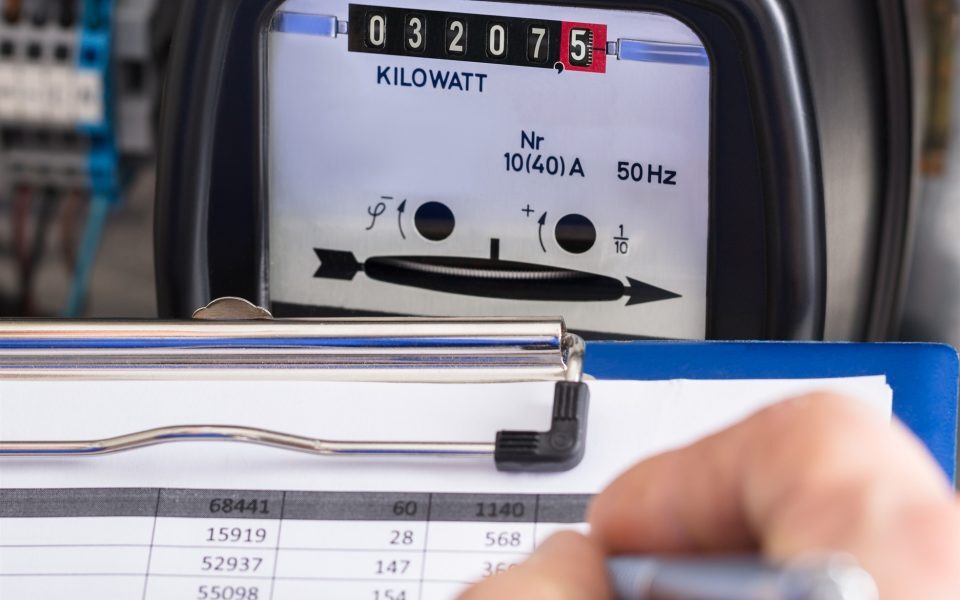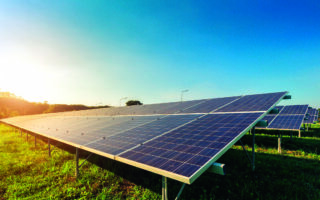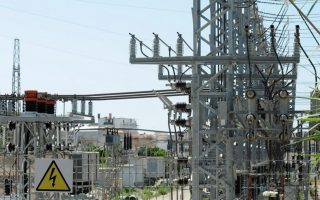Fall in gas prices reducing subsidies cost
With rates abating so does pressure on state budget as toll of assistance measures subsides

The fall of natural gas prices and the nominal electricity rates issued by providers for February, which are 60% less expensive than those of January and quite similar to pre-crisis levels, is leading to a major easing of pressure on state coffers.
The difference between the target price of 15-17 cents/kWh for household relief and that of the Public Power Corporation (PPC), which serves as the reference for the calculation of subsidies, has significantly decreased, and subsidies are adjusted accordingly at very low levels.
On Monday, Energy Minister Kostas Skrekas is expected to announce a 4 cents/kilowatt-hour subsidy for the first 500 kilowatt-hours and zero subsidies for industry, as the nominal price of tariffs is set below the January subsidy level of 23 euros.
The second and third scale of household consumption, i.e. 500-1,000 kilowatt-hours and above 1,000 KWh, will receive a subsidy only if they achieve a 15% saving.
This is reportedly the basic scenario worked out by the relevant ministries and which, as far as household consumption is concerned, incorporates the new model proposed by the Commission for targeted subsidies for vulnerable consumers and linked to savings for higher incomes.
According to Energy Ministry sources, the subsidies will once again be decided in the coming months based on the price trend in the wholesale market and the prices of providers.
The total cost of subsidies is currently expected to be around 100 million euros for February, down from 840 million euros in January and the exceptionally high 1.9 billion euros in September.
The total budget for household tariffs will be between €50 and €60 million in February, down from 470 million euros in January.
The government took into account the PPC tariff, which ranges around 19.9 cents for the first 500 kilowatt-hours and 21.1 cents over 500 kilowatt-hours.
In 2022, a total of 8 billion euros was allocated from the Energy Transition Fund and the state budget for electricity subsidies.
Prices in March and corresponding subsidies are expected to be low regardless of how gas prices in the Dutch TTF fluctuate.
This is because the significant decrease in the price of gas at the Dutch TTF hub in January (more than 50%) has not been reflected in the February tariffs, as domestic companies invoice gas on the basis of the average price of the previous month at the TTF.





